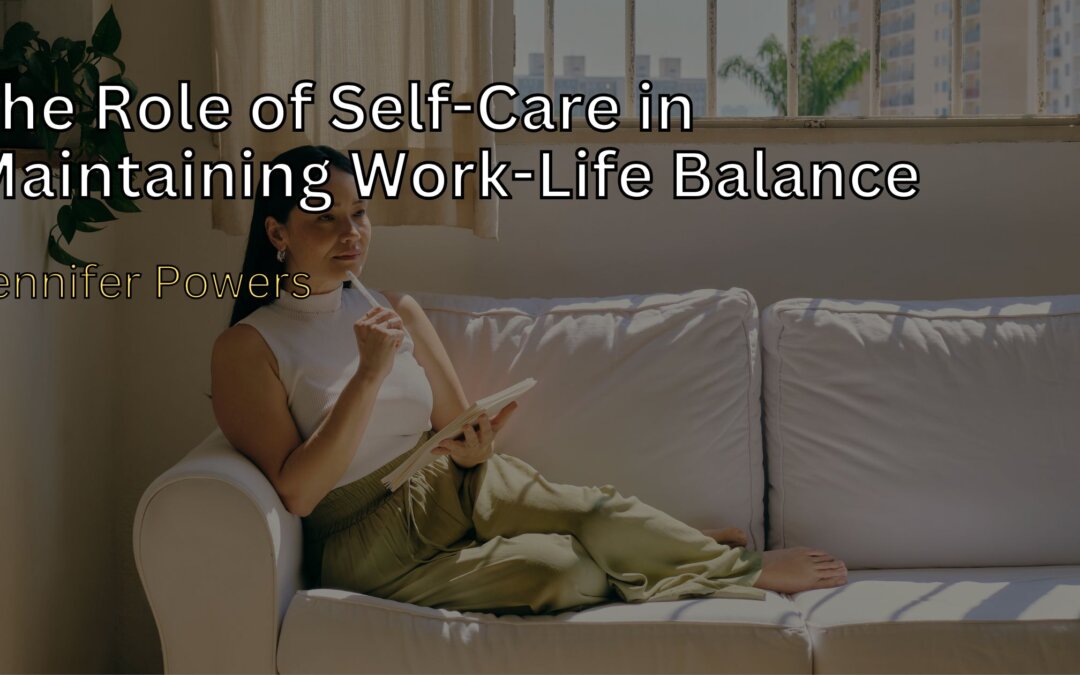Maintaining a healthy work-life balance is essential in today’s fast-paced world, and self-care is crucial in achieving this balance. With the increasing demands of both professional and personal life, individuals often find themselves overwhelmed, which can lead to stress, burnout, and a decline in productivity and well-being. Self-care offers a pathway to manage these demands effectively by enhancing mental and physical resilience.
Self-care encompasses any activity that helps maintain or improve one’s health and well-being. While many associate self-care with relaxation activities like spa days or vacations, it includes daily practices supporting long-term health and mental balance. Examples include:
- Regular physical exercise.
- Healthy eating.
- Adequate sleep.
- Time for hobbies.
- Emotional management practices like journaling or meditation.
These activities allow individuals to recharge and approach their responsibilities with a fresh perspective, enhancing focus, energy, and resilience.
A key benefit of self-care in maintaining a work-life balance is its impact on stress reduction. Stress is almost unavoidable in a work environment. However, regular self-care can help individuals manage and mitigate stress by building a “buffer” that allows them respond more calmly to challenging situations. For instance, practices such as mindfulness meditation and breathing exercises are scientifically proven to lower cortisol levels and can significantly improve one’s ability to cope with daily stressors.
Furthermore, self-care boosts productivity and focus. Regular breaks, physical activity, and adequate sleep are vital for mental sharpness and sustained energy throughout the day. Individuals who take time to rest and recharge often find they accomplish more in less time, reducing the need to bring work home or extend working hours. This separation between work and personal life allows for more time spent with loved ones, engaging in hobbies, or simply relaxing, which contributes to a well-rounded, fulfilling life.
Setting boundaries is another crucial aspect of self-care that supports work-life balance. With the rise of remote work, the lines between professional and personal life have blurred, making it easy to work beyond regular hours or constantly check emails. Practicing self-care by establishing clear boundaries—such as designated work hours, regular breaks, and no-work zones at home—helps preserve personal time. Setting boundaries communicates to others and to oneself that personal time is essential and not to be compromised easily.
Finally, self-care contributes to better emotional health and resilience, making it easier to handle challenges both at work and in personal life. Engaging in activities that bring joy and satisfaction helps build a strong foundation of self-confidence and emotional stability, which supports a positive outlook even during tough times. Emotional resilience enables individuals to manage work pressures without letting stress seep into their personal lives.
Incorporating self-care into daily routines is essential for a balanced, healthy life. It enhances personal well-being and improves one’s professional performance and relationships, making it a key factor in achieving a sustainable work-life balance. By prioritizing self-care, individuals can enjoy a more fulfilling life marked by resilience, focus, and overall happiness.
